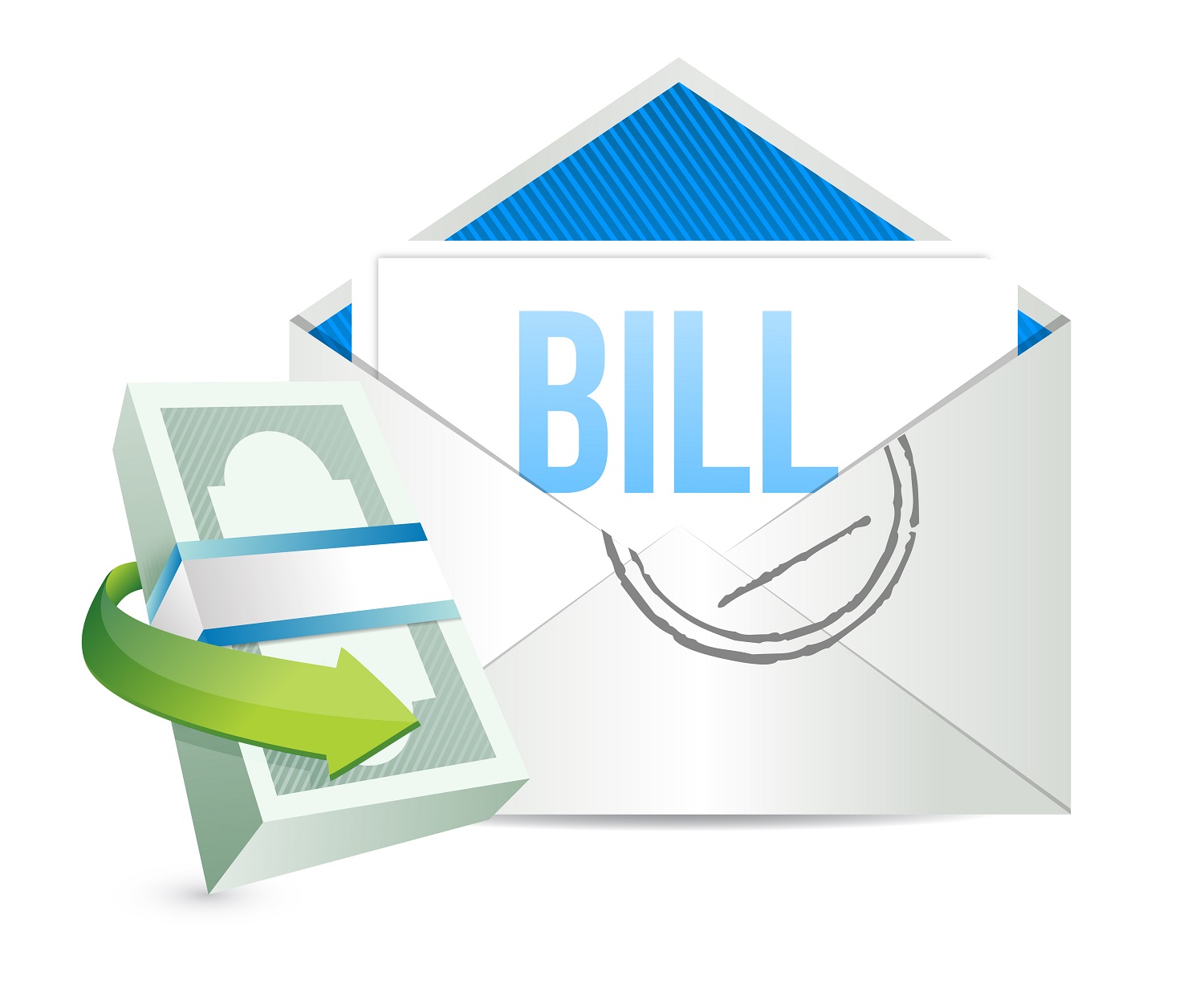Social housing tenants could be saving a lot of money if they used direct debit to pay for bills, goods and services rather than cash, new research from information services group Experian shows.
 Experian has estimated that more than a quarter (28 per cent) of people living in social housing could save over £1,280 on average every year if they used direct debit and not cash for paying their bills.
Experian has estimated that more than a quarter (28 per cent) of people living in social housing could save over £1,280 on average every year if they used direct debit and not cash for paying their bills.
The research found that out of the 4.8 million people living in social housing 1.3 million of them are paying the majority of their bills in cash. Those aged 35-54 years are most likely to pay in this way, with almost a third (31 per cent) choosing cash as their preferred method. A quarter of those aged 55 or over, and those aged 18-34 years pay bills in cash (26 and 24 per cent respectively).
Experian’s study also found that social tenants often miss out on mobile and online goods and services that could save them money. A high proportion of those tenants have never applied for monthly mobile phone contracts, using instead the ‘pay-as-you-go’ option which is often more expensive. Nearly half (45 per cent) have not applied for a gas or electricity contract. In addition, three-quarters (77 per cent) have never applied for white goods through interest free credit, and 76 per cent of this demographic haven’t previously applied for online products such as insurance.
This highlights the financial, digital and social exclusion challenges faced by many social housing tenants in the UK.
To help address these, Experian and Big Issue Invest (The Big Issue’s social investment arm) have partnered together to create The Rental Exchange which aims to open up financial opportunities, previously enjoyed only by those with a healthy credit rating.
Jonathan Westley, managing director of consumer information services at Experian, commented:
“It’s a vicious circle for many social housing tenants. They are paying more on bills because without a credit history they cannot be accepted onto a direct debit programme and must pay in cash. Yet at the same time they cannot build a credit history because they are not paying via direct debit. The Rental Exchange can help change this situation by including rental payment data on credit reports, meaning that more people can be considered for basic bank accounts thereby opening up access to direct debit payments.”
Through the Rental Exchange, both social and private landlords will be able to submit information about their tenants’ rent payment history, which will help strengthen their credit history. This will ultimately open up access to more services and affordable credit for social housing tenants by enabling them to more easily demonstrate their creditworthiness.
The Social Housing Tenants Study was conducted among more than 1,000 social housing tenants in the UK by Experian.




